-
 play_arrow
play_arrow
Racketeer Radio KFQX The New Golden Age of Radio
New documentary shows how a trio of brothers were instrumental in shaping SoCal punk
 Brothers Frank, from left, Rikk and Alfie Agnew of the punk band Adolescents in front of the display that features their band at the “Punk OC — From the Streets of Suburbia” exhibit April 4 at the Fullerton Museum Center. (Genaro Molina / Los Angeles Times)
Brothers Frank, from left, Rikk and Alfie Agnew of the punk band Adolescents in front of the display that features their band at the “Punk OC — From the Streets of Suburbia” exhibit April 4 at the Fullerton Museum Center. (Genaro Molina / Los Angeles Times)
The first time that guitarist Frank Agnew went to a punk show he was about 13, and even though he was underage he was able to get into the Whisky a Go Go to see the Bags, Black Randy and the Metrosquad, and the Weirdos. It was 1978 and he went with his older brother Rikk.
“When the Weirdos came on, holy s— that changed my life forever because it was so good,” Frank said. “Ever since I saw the Weirdos at the Whisky, I’m sitting there thinking, ‘I want to be that good, I want to be that tight,’ and so that was my goal.”
Frank and his brothers Rikk and Alfonso “Alfie” Agnew spent the next decade forming and playing for some of the most significant bands in the punk canon, including Adolescents, the Detours, Social Distortion, Christian Death, TSOL and D.I., among others — and now their journey as punk rock musicians is finally being told in the new documentary “Agnew: The Story of a California Family,” which is screening for the first time on April 12 at the Fox Theatre in Fullerton. Recently, their life’s work in music was put on display as part of the new exhibit “Punk OC — From the Streets of Suburbia” at the Fullerton Museum Center that debuted last week. On a recent afternoon, the Agnew brothers gathered at the museum to pose for photos and relive the memories through artifacts of their punk rock youth.
“I constantly am asked questions about my family and about Rikk, D.I., Adolescents, all that stuff, it’s amazing to me how many people not only know but care,” said Alfie, who is also a mathematical physicist teaching at Cal State Fullerton. “This is just as much about the Orange County scene and the people that supported it, not only back in the late ’70s and ’80s, but also up to now, so I think this is kind of a celebration for all of us.”
The documentary by filmmaker Gabriel Zavala Jr. was filmed roughly between 2018 to 2024 and looks back at the brothers’ early history and their storied musicianship while also capturing the brothers as they play various shows and navigate the circumstances of their personal lives. Zavala told The Times that he was inspired to create the documentary after watching the Agnews play an explosive show together at the Observatory in Santa Ana.
 Director Gabriel L. Zavala Jr., from left, takes a photo of brothers Frank, Rikk and Alfie Agnew of the punk band Adolescents next to a display that features the band at the “Punk OC — From the Streets of Suburbia” exhibit at the Fullerton Museum Center. (Genaro Molina / Los Angeles Times)
Director Gabriel L. Zavala Jr., from left, takes a photo of brothers Frank, Rikk and Alfie Agnew of the punk band Adolescents next to a display that features the band at the “Punk OC — From the Streets of Suburbia” exhibit at the Fullerton Museum Center. (Genaro Molina / Los Angeles Times)
“It was such a rush because at that time people were once again re-invigorated by punk rock and Rikk and Frank’s version of the Adolescents and it was such an electric night,” Zavala said. “I just told them, ‘What if we made a documentary about your family?’”
Rikk, Frank and Alfie all agreed to make the documentary with Zavala, who promptly began filming and interviewing various musicians associated with the Agnews including Gvllow, Gitane Demone of Christian Death and Casey Royer of Adolescents and D.I.
Zavala, a feature filmmaker who directed and wrote the 2015 indie film “Rude Boy: The Movie,” also interviewed the brothers’ parents before they died while filming the documentary.
“I think they would be proud of it, they were always very proud and supportive of their kids, I think my parents were reasonably unique in supporting such an activity — being punk rock and being musicians instead of going for being doctors and lawyers, although eventually I became a professor,” Alfie said.
As children of Irish and Mexican parents with immigrant roots, the brothers say they grew up surrounded by an eclectic variety of music, listening to everything from Irish folk to mariachi, and while their parents weren’t musicians themselves, the brothers agree they likely inherited their musical gene from their maternal grandfather, Alfonso Fernandez. According to the brothers, Fernandez was a professional drummer who emigrated from Guadalajara and played throughout Mexico and the U.S. Southwest in a Latin jazz band called the Latinaires.
“When I learned about my grandfather, which was particularly personal for me because I was named after him — in fact my first instrument was drums — I very much had that connection and was always very proud of that,” said Alfie, who also plays guitar.
Frank and Alfie didn’t know their grandfather — Fernandez died in 1965 — but like Alfie, Frank also credits his grandfather’s legacy as being influential in his own journey as a musician.
 Brothers Frank, left, and Alfie Agnew, of the punk band Adolescents at the “Punk OC — From the Streets of Suburbia” exhibit at the Fullerton Museum Center. (Genaro Molina / Los Angeles Times)
Brothers Frank, left, and Alfie Agnew, of the punk band Adolescents at the “Punk OC — From the Streets of Suburbia” exhibit at the Fullerton Museum Center. (Genaro Molina / Los Angeles Times)
“My mom obviously would say, ‘Your grandpa Alfonso was a drummer, and he was the best drummer,’” Frank said. “And he had a reputation all through Mexico as being like one of the best drummers and so by her telling us that and showing pictures of him at his drum kit, it was really inspiring, it’s like, ‘Oh s—, grandpa was in a band, we can too.’”
The brothers were at the height of playing shows while filming the documentary, but in 2020 several hardships took place that set the project back and also pushed the crew to finally finish it. First, the COVID-19 pandemic grounded all operations, especially when stay-at-home orders were implemented in 2020.
“COVID hit during the middle of this, God, so we were like in this limbo where we couldn’t film for a month and then we had to proceed with the people that were willing to get together and work under the restrictions,” Zavala said.
This period is also when Rikk, Frank and Alfie’s parents died from old age — first their father Richard Francis Agnew, and then just six months later, their mother Lia Paula Fernandez. Zavala’s father, Gabriel B. Zavala, a renowned mariachi performer and teacher, died in early 2021 from COVID-19 complications.
 Brothers Alfie, from left, Rikk and Frank Agnew of the punk band Adolescents with director Gabriel L. Zavala Jr. at the “Punk OC — From the Streets of Suburbia” exhibit at the Fullerton Museum Center. (Genaro Molina / Los Angeles Times)
Brothers Alfie, from left, Rikk and Frank Agnew of the punk band Adolescents with director Gabriel L. Zavala Jr. at the “Punk OC — From the Streets of Suburbia” exhibit at the Fullerton Museum Center. (Genaro Molina / Los Angeles Times)
“It was profound and it was sad, but I know that he would have wanted me to fight and to finish the documentary, so that’s what we did,” Zavala said. “We buckled down and, in a way, it was also a healing process to not have to really think about it and I just focused on the goal of finishing this regardless of what it was gonna take to finish it emotionally, financially and with a skeleton crew.”
Through the hardships, Zavala was able to successfully finish the documentary more than six years in the making, and the brothers say they are grateful and still humbly surprised that anyone thinks they are interesting enough to feature in a full-length film.
“I often hear from people how much the stuff we did influenced them and how it was like a positive thing in their life, and if that’s the only takeaway, I think that’s cool,” Frank said. “Some things we did made people happy, made them move their feet, or influenced them in a way where it’s like, ‘Wow, I’m not the only one who feels that way,’ and I just think that’s fantastic and a good thing, and hopefully the documentary will display some of that.”
This story originally appeared in Los Angeles Times.
Written by: Ace Hartmann
Similar posts
Copyright Pro Radio - Racketeer Broadcast Association 2025

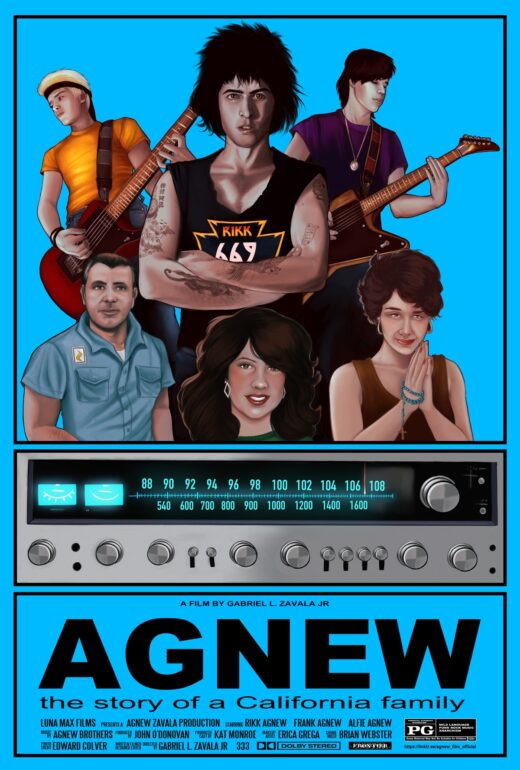
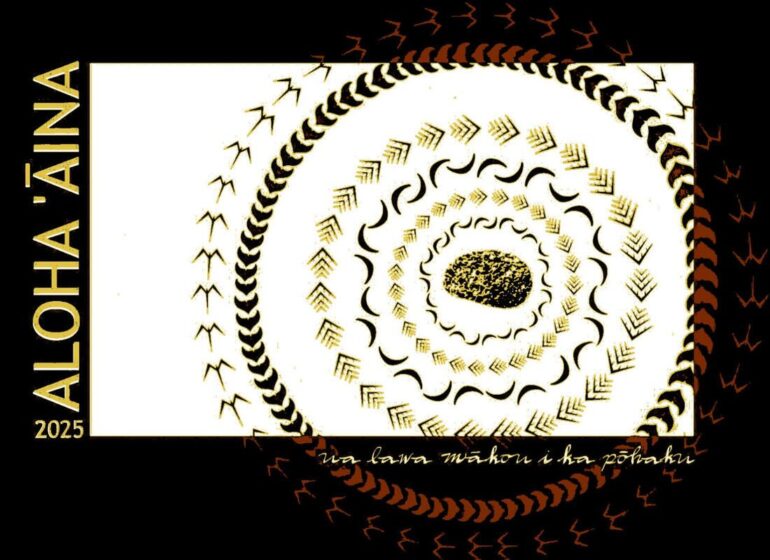
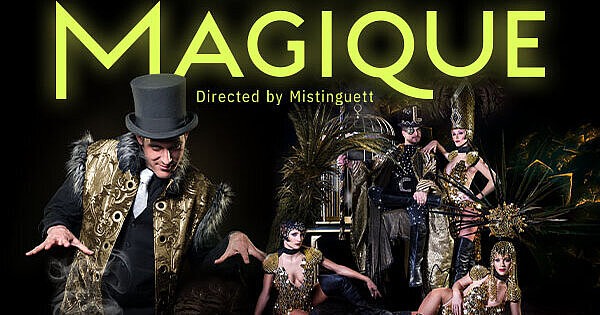
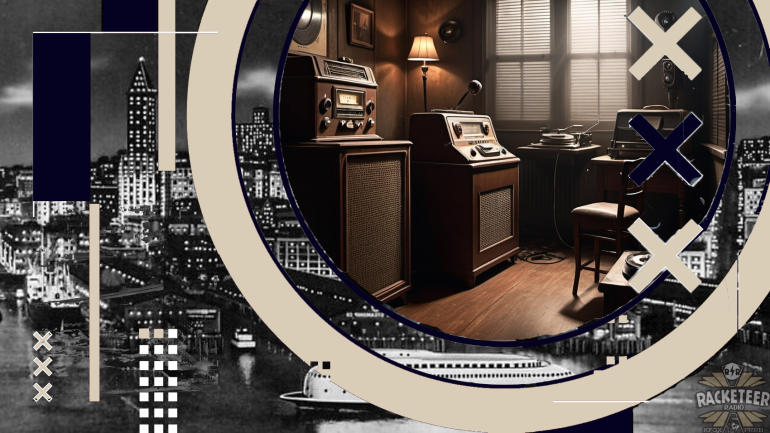

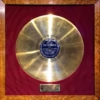


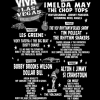


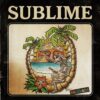

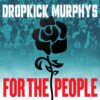
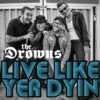

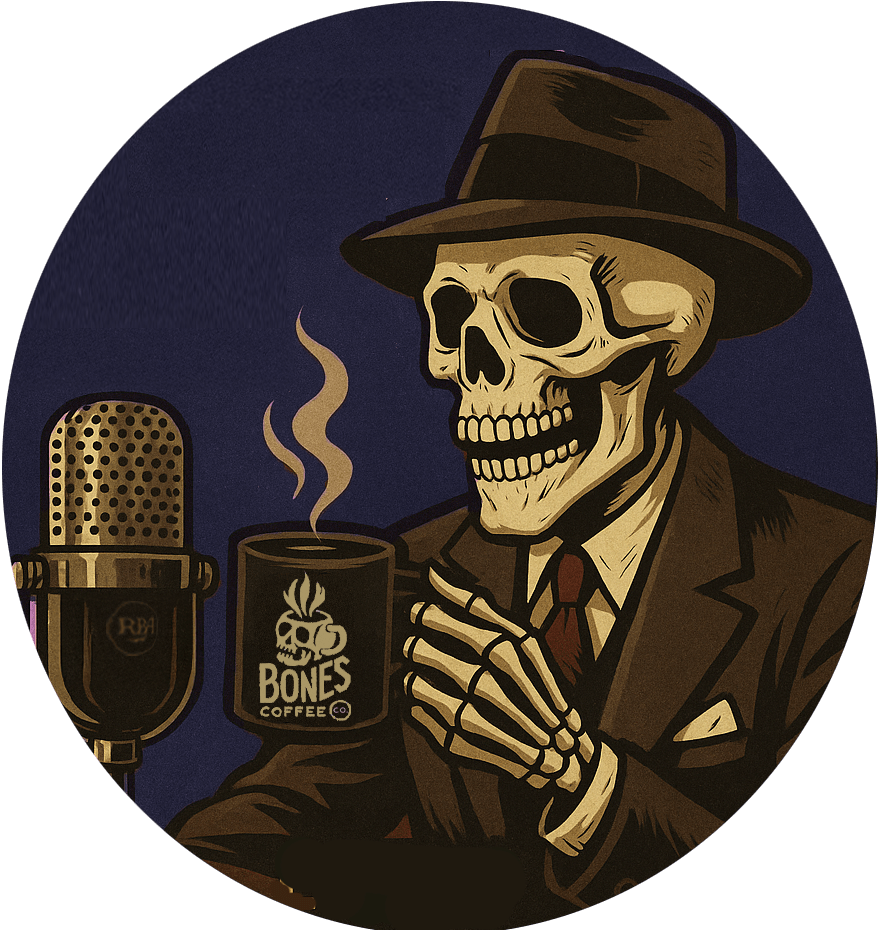
Post comments (0)